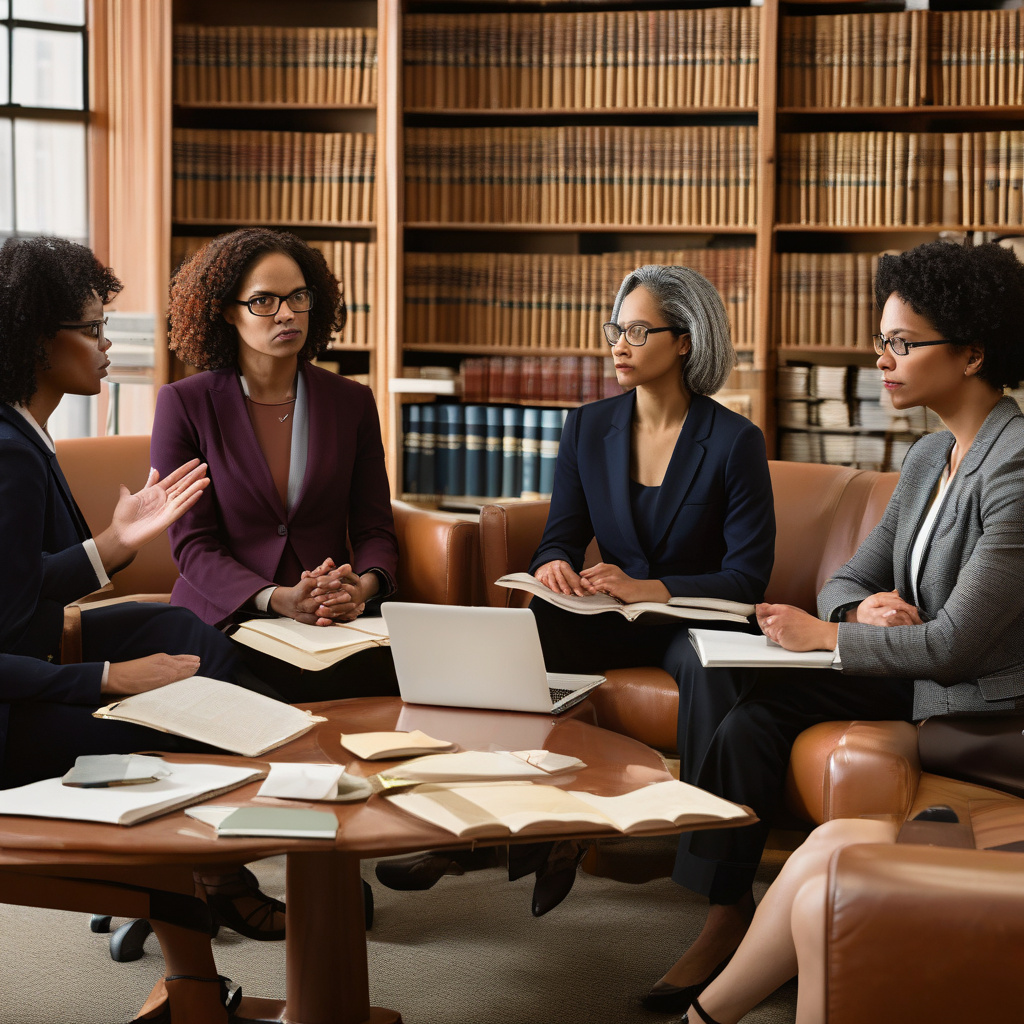In a recent legal battle between authors and Meta, a group of law professors specializing in copyright law has taken a stand. These legal experts have filed an amicus brief supporting the authors in their lawsuit against Meta. The authors allege that Meta used their ebooks without permission to train its Llama AI models. This contentious issue has now landed in the U.S. District Court for the Northern District of California, San Francisco Division.
The crux of the matter lies in Meta’s defense of fair use, which the professors have deemed questionable. The amicus brief challenges Meta’s assertion of fair use, highlighting the potential infringement of authors’ rights in this AI copyright case. This move underscores the significance of intellectual property rights in the digital age, where the intersection of technology and creativity often raises complex legal questions.
The support from these legal scholars adds weight to the authors’ claims and underscores the broader implications of this case for copyright law and AI development. It signals a growing recognition within legal circles of the need to address the challenges posed by technological advancements, particularly in the realm of artificial intelligence. As AI continues to evolve rapidly, so too must our legal frameworks adapt to protect the rights of creators and innovators.
This case serves as a poignant reminder of the importance of upholding copyright laws in the face of emerging technologies. It prompts us to consider how we can strike a balance between fostering innovation and safeguarding the rights of content creators. As the legal proceedings unfold, the outcome of this case could set a precedent for future disputes involving AI, copyright, and fair use.
In the digital landscape, where data is increasingly being utilized to train AI models, issues of intellectual property and copyright protection become paramount. It is essential for companies like Meta to navigate these legal complexities responsibly and ethically. Respect for intellectual property rights not only upholds the law but also fosters a culture of innovation and respect within the tech industry.
As we await further developments in this case, it is clear that the intersection of AI and copyright law will continue to pose challenges that require careful consideration. The support of these law professors amplifies the voices of authors seeking to protect their works from unauthorized use in AI development. Ultimately, this case underscores the need for a nuanced understanding of copyright law in the age of artificial intelligence.

